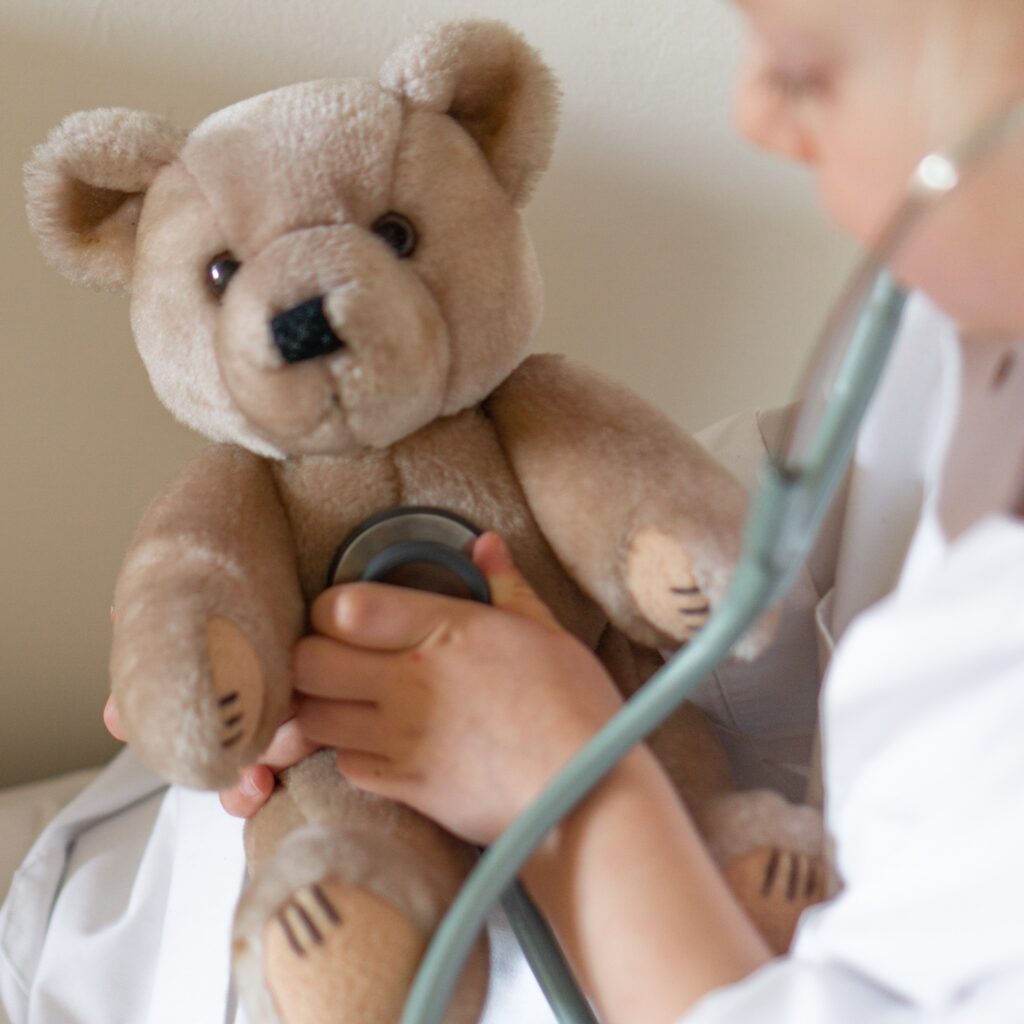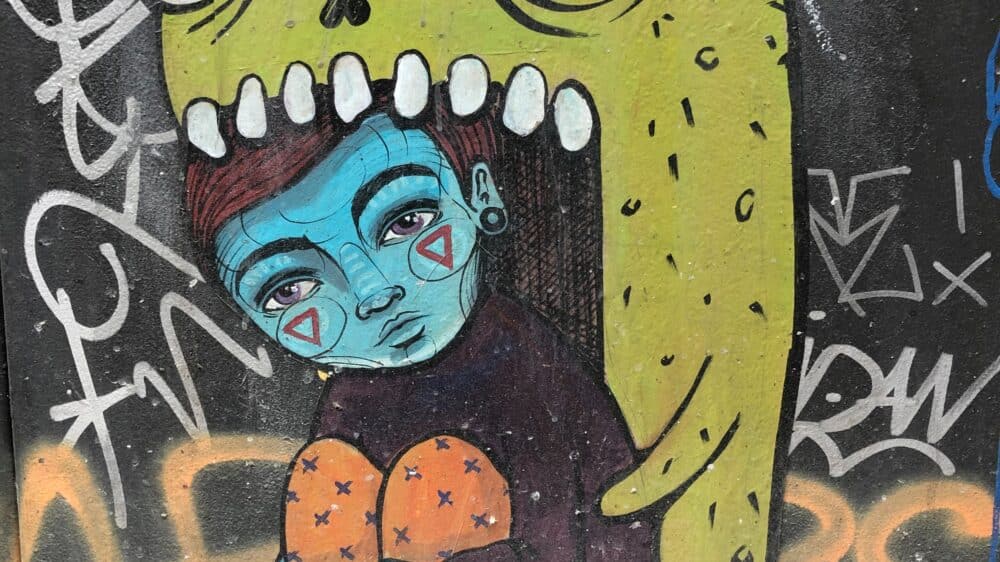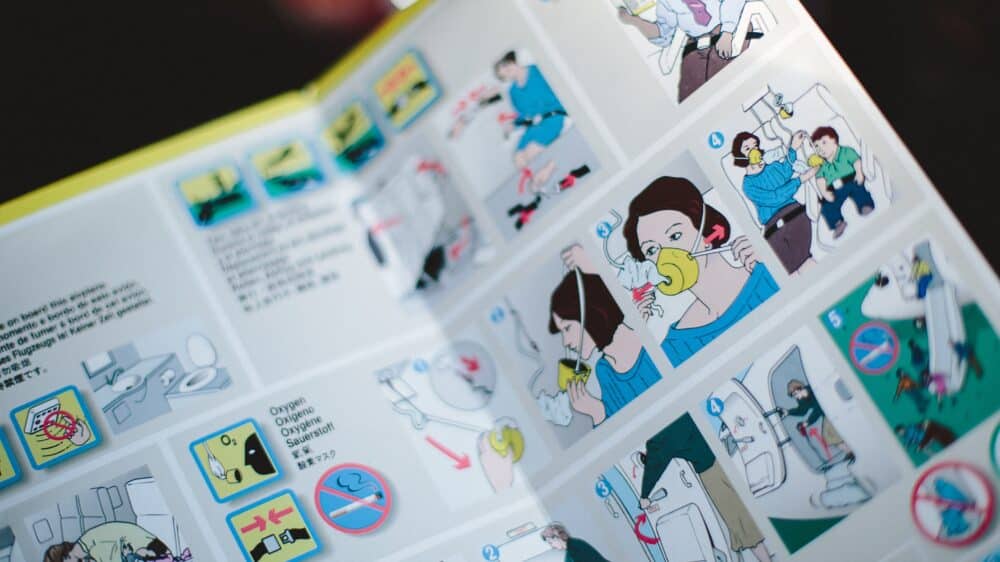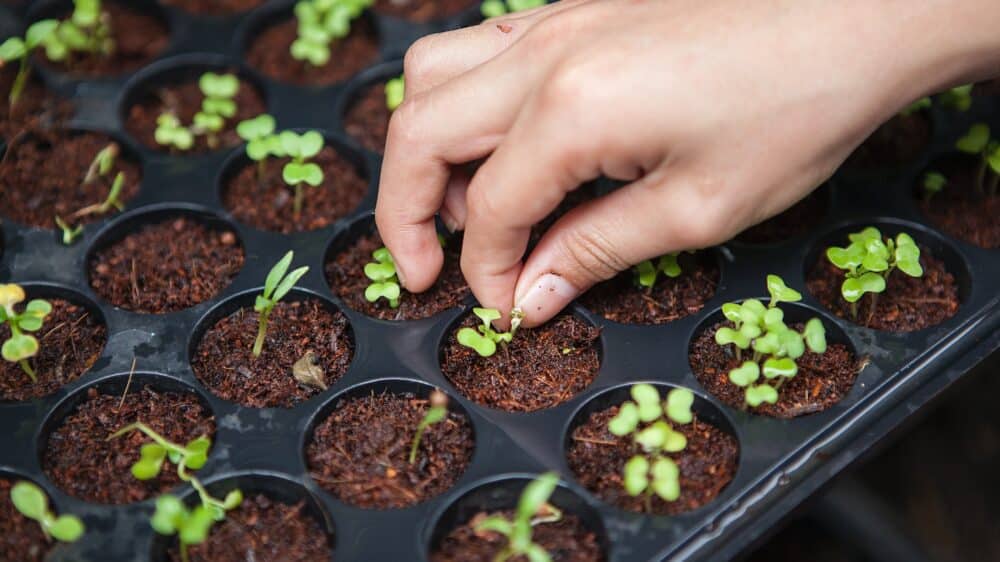Many parents are concerned about their child’s sleep and want to know when to seek professional help.
| Who needs to sleep? My child? Me? Both? |
There are “red flags” both day and night, in the child and in the parents that may be an indication that it is time to reach out for support in parenting through the “village” surrounding the child and the parents (see Resources tab).
Red Flags in children

- During the day: sleepiness and signs of fatigue specific to children such as restlessness to fight fatigue.
- At night: nighttime awakenings with difficulty falling asleep, difficulty falling asleep, etc.
- Medical signs: respiratory or health problems.
Red flags in parents

- Fatigued or exhausted parent who no longer recognizes himself or herself (tips for dealing with fatigue).
- Parent who no longer finds joy in life or parenting.
- Intra-family conflicts about sleep and fatigue management.
Assessment of sleep and sleep disorders
During the first year, the brain is developing extremely rapidly (yes, it’s that fast) and sleep professionals consider that the brain is not mature enough to receive a fixed diagnosis of sleep disorders.
From the age of 2, there are scientifically validated tools that help detect sleep disorders.
- Develop at the Clinique d’évaluation diagnostique des troubles du sommeil de l’Hôpital Rivière-des-Prairies, the HIBOU scale evaluates sleep on a scale of 0 (never) to 3 (5 to 7 times a week) from 2 to 17 years of age (see source below for more details).
- The sleep diary or sleep journal can also allow us to have a more objective look at our child’s sleep and our habits, day and night.
Being informed and having realistic expectations is also an important factor in allowing the whole family to adapt to the rhythm of toddlers. The Learning to Sleep Like Learning to Walk project has made it its mission to help you make decisions that are informed by science and in line with your family values.
- Listen to the free replay of Évelyne Touchette’s conference (see Cpon on the development and evolution of sleep in 0-5 year olds for the CQJDC.
- Consult the different sections to learn what science says about children’s sleep and don’t minimize the impact of your sleep deprivation, you are just as important as your child. Furthermore, taking care of yourself will help you take care of your child.
Listen to Dr. Marie-Hélène Pennestri talk about “red flags” to watch out for.
Watch “When to consult for a sleep problem?” to learn more.










